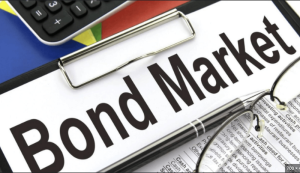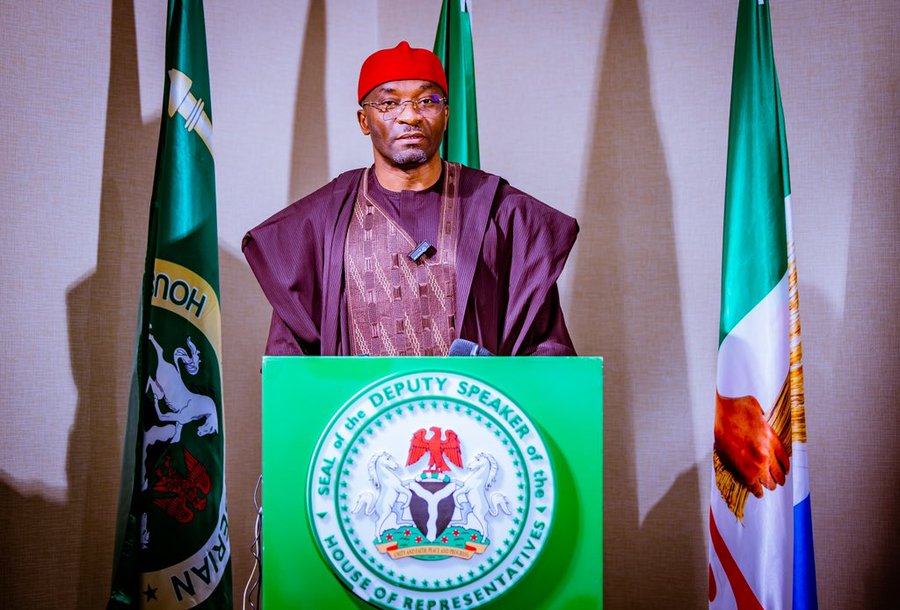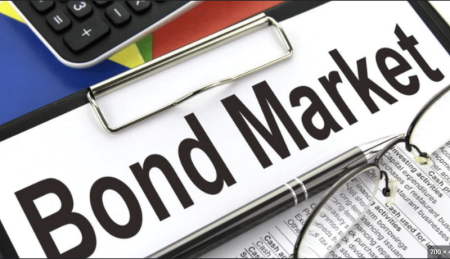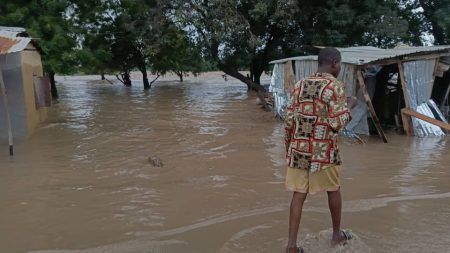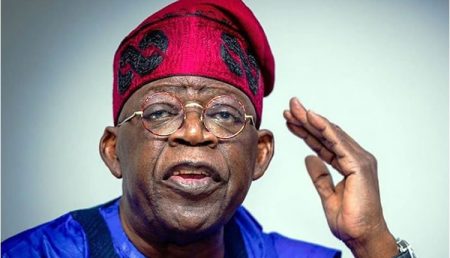Africa’s Trade Imbalance and the Need for Reform:
Africa’s current international trade patterns reveal a significant imbalance, with the continent exporting approximately 80% of its raw materials to the rest of the world while intra-African trade remains at a meager 15%. This dependence on raw material exports hinders Africa’s economic growth and perpetuates a cycle of underdevelopment. Value addition through processing and manufacturing within Africa is crucial for maximizing economic benefits and creating jobs. The existing Economic Partnership Agreements (EPAs) with the European Union, rather than fostering balanced trade, often exacerbate the problem by prioritizing European access to African markets and resources without adequately supporting African industrialization. Renegotiating these EPAs to prioritize value chain localization, intellectual property protection, and industrial policy space is paramount for Africa’s economic transformation.
Towards Equitable Partnerships and Sustainable Development:
The call for a shift in Africa’s trade dynamics necessitates a fundamental change in the relationship between Africa and its international partners, especially the European Union. A true partnership must be based on principles of economic justice, fair trade, and climate justice. This means moving away from the traditional donor-recipient model towards a relationship of equals, where African countries have a voice in shaping trade agreements and development policies that affect them. Joint advocacy between the EU and the African Union (AU) is essential for achieving mutually beneficial outcomes, including debt cancellation mechanisms such as debt-for-development swaps, and parliamentary oversight of African countries facing debt distress. This collaborative approach should also extend to reforming trade architecture by aligning EPAs with the African Continental Free Trade Area (AfCFTA), supporting African industrial policy, and reducing non-tariff barriers.
Combating Illicit Financial Flows and Promoting Tax Justice:
Illicit financial flows (IFFs) drain billions of dollars from Africa annually, significantly hindering the continent’s development potential. These illicit flows often dwarf the amount of official development assistance received by African countries, highlighting the urgent need for effective mechanisms to curb this financial hemorrhage. Parliamentary cooperation between the EU and Africa is crucial for creating a joint working group on IFFs, focusing on asset recovery, compliance with measures against Base Erosion and Profit Shifting (BEPS), and ensuring transparency obligations within the EU. Concurrently, promoting tax justice is vital to ensuring that multinational corporations operating in Africa pay their fair share of taxes, contributing to the continent’s development rather than exploiting its resources.
Climate Justice and the Green Transition:
Africa is disproportionately vulnerable to the impacts of climate change, despite contributing the least to global greenhouse gas emissions. The continent receives a minuscule percentage of global climate finance, further exacerbating the challenges posed by climate change. A just green transition requires significantly scaling up unconditional climate finance to support African countries in adapting to climate change and transitioning to renewable energy. Joint EU-AU monitoring mechanisms are crucial for ensuring transparency and effectiveness in the implementation of climate projects. Moreover, Africa must be a key partner, not merely a passive recipient, in the green transition. This involves prioritizing African-led energy solutions and technologies tailored to local contexts within EU-Africa climate dialogues.
Investing in Renewable Energy and Aligning Development Agendas:
Africa possesses immense potential in renewable energy, particularly solar energy. However, despite holding 60% of the world’s solar energy potential, Africa receives less than 1% of global solar investment. Bridging this investment gap is critical for unlocking Africa’s renewable energy potential and driving sustainable development. The EU Green Deal must align with Africa’s Agenda 2063, focusing on climate adaptation, renewable energy access, and operationalizing the Loss and Damage Fund to address the irreversible impacts of climate change. These alignments are essential for delivering climate justice and fostering a resilient, low-carbon future for Africa.
Addressing Migration through Localized Development and Talent Mobility:
Localized development is key to fostering sustainable economic growth and reducing migration pressures. By empowering local economies and creating high-value jobs within Africa, particularly in emerging sectors like digital services, green industries, and manufacturing, the economic push factors that drive migration can be mitigated. A holistic approach to migration must address the root causes, including conflict, youth unemployment, and climate-induced stress, while also expanding safe and legal pathways for mobility. Balancing border security with humanitarian commitments is critical, and policies should reflect both the need for managed migration and the EU’s values of solidarity and human rights. Expanding talent mobility initiatives, such as Erasmus+, digital nomad visas, and intra-company transfers, can create structured channels for legal migration and skills development. Ultimately, investing in Africa’s human capital and creating opportunities within the continent is the most sustainable and dignified solution to irregular migration.


